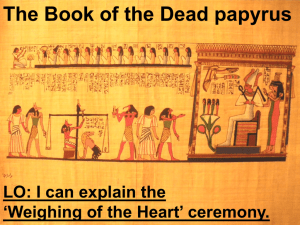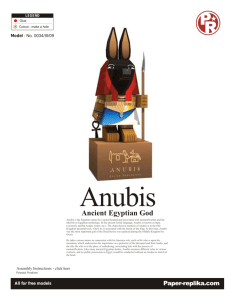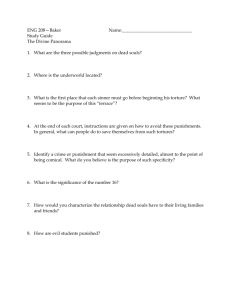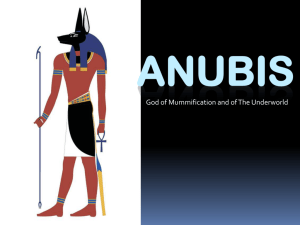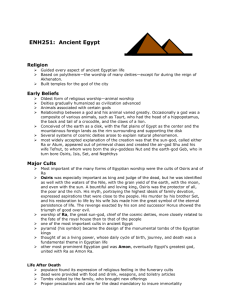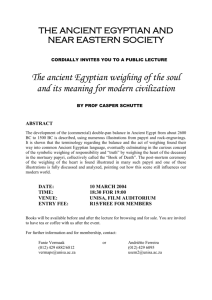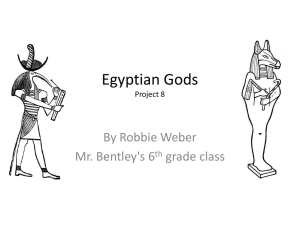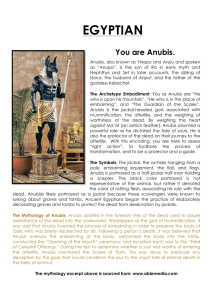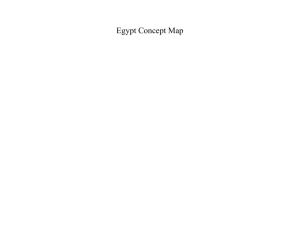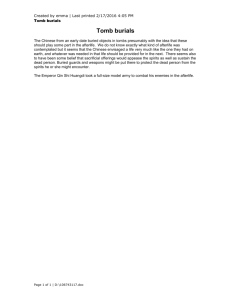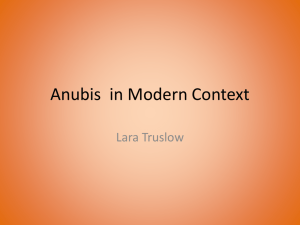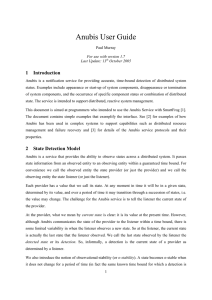In Egyptian tradition, they celebrated life and death
advertisement
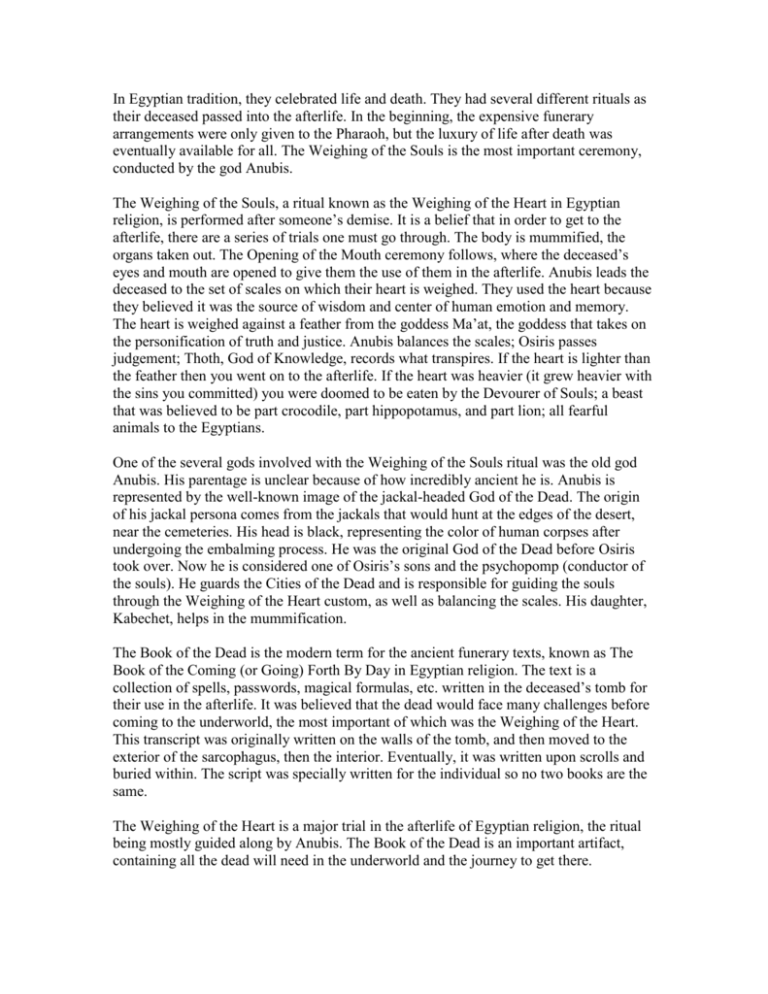
In Egyptian tradition, they celebrated life and death. They had several different rituals as their deceased passed into the afterlife. In the beginning, the expensive funerary arrangements were only given to the Pharaoh, but the luxury of life after death was eventually available for all. The Weighing of the Souls is the most important ceremony, conducted by the god Anubis. The Weighing of the Souls, a ritual known as the Weighing of the Heart in Egyptian religion, is performed after someone’s demise. It is a belief that in order to get to the afterlife, there are a series of trials one must go through. The body is mummified, the organs taken out. The Opening of the Mouth ceremony follows, where the deceased’s eyes and mouth are opened to give them the use of them in the afterlife. Anubis leads the deceased to the set of scales on which their heart is weighed. They used the heart because they believed it was the source of wisdom and center of human emotion and memory. The heart is weighed against a feather from the goddess Ma’at, the goddess that takes on the personification of truth and justice. Anubis balances the scales; Osiris passes judgement; Thoth, God of Knowledge, records what transpires. If the heart is lighter than the feather then you went on to the afterlife. If the heart was heavier (it grew heavier with the sins you committed) you were doomed to be eaten by the Devourer of Souls; a beast that was believed to be part crocodile, part hippopotamus, and part lion; all fearful animals to the Egyptians. One of the several gods involved with the Weighing of the Souls ritual was the old god Anubis. His parentage is unclear because of how incredibly ancient he is. Anubis is represented by the well-known image of the jackal-headed God of the Dead. The origin of his jackal persona comes from the jackals that would hunt at the edges of the desert, near the cemeteries. His head is black, representing the color of human corpses after undergoing the embalming process. He was the original God of the Dead before Osiris took over. Now he is considered one of Osiris’s sons and the psychopomp (conductor of the souls). He guards the Cities of the Dead and is responsible for guiding the souls through the Weighing of the Heart custom, as well as balancing the scales. His daughter, Kabechet, helps in the mummification. The Book of the Dead is the modern term for the ancient funerary texts, known as The Book of the Coming (or Going) Forth By Day in Egyptian religion. The text is a collection of spells, passwords, magical formulas, etc. written in the deceased’s tomb for their use in the afterlife. It was believed that the dead would face many challenges before coming to the underworld, the most important of which was the Weighing of the Heart. This transcript was originally written on the walls of the tomb, and then moved to the exterior of the sarcophagus, then the interior. Eventually, it was written upon scrolls and buried within. The script was specially written for the individual so no two books are the same. The Weighing of the Heart is a major trial in the afterlife of Egyptian religion, the ritual being mostly guided along by Anubis. The Book of the Dead is an important artifact, containing all the dead will need in the underworld and the journey to get there.
